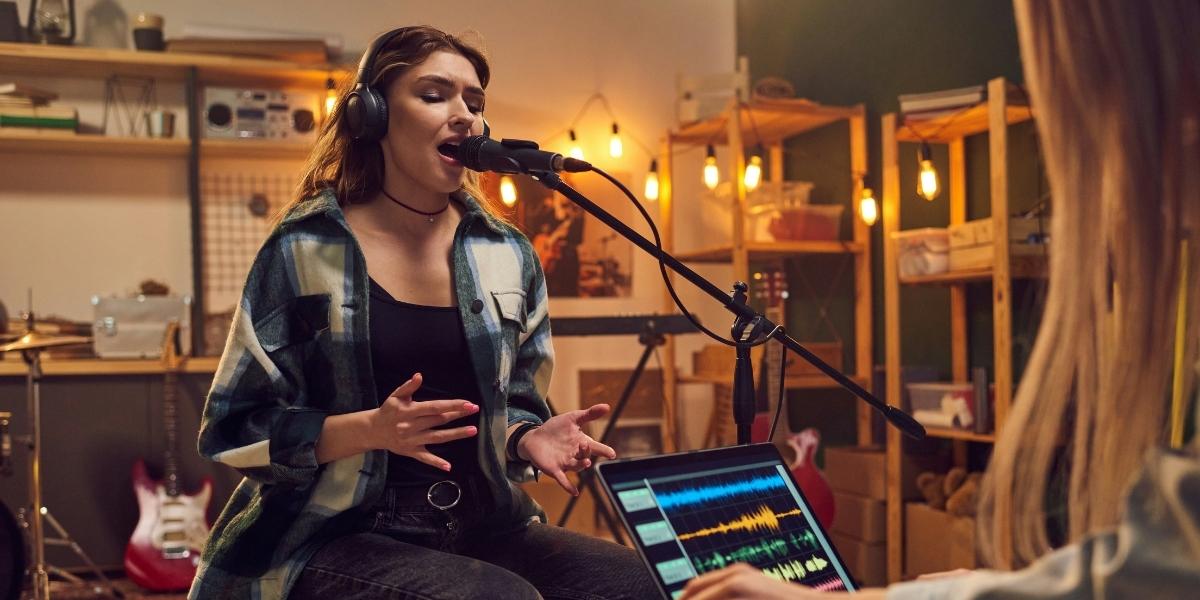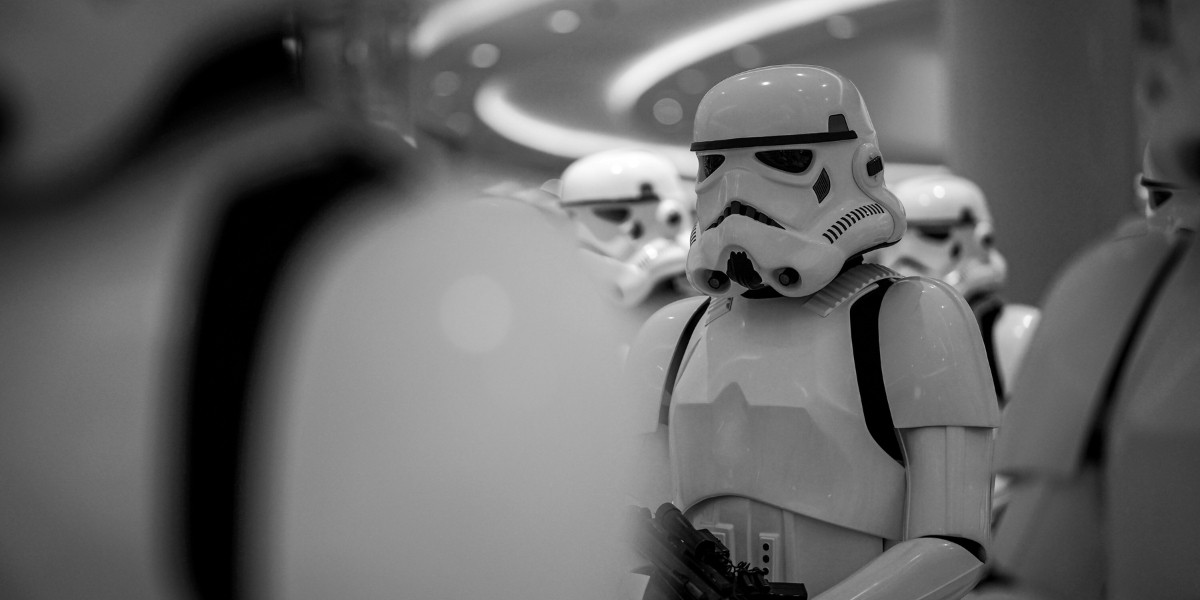V for Vendetta returns to the spotlight
Entertainment fans have a new reason to remember, remember the fifth of November. HBO has confirmed that V for Vendetta, Alan Moore and David Lloyd’s groundbreaking graphic novel, is being adapted into a television series. The announcement comes two decades after the 2005 Warner Bros. film introduced mainstream audiences to the Guy Fawkes mask, which became a global symbol of protest and rebellion.
The timing of this revival is striking. In 2005, the Wachowskis’ film adaptation tapped into anxieties about government surveillance and political control. Now, in 2025, HBO is betting that the story’s themes of resistance, identity, and freedom will resonate with a new generation of viewers who consume content differently, debate politics online, and see entertainment as part of their cultural identity.
A leading industry publication reported that Warner Bros. Television is producing the series with DC Studios co-heads James Gunn and Peter Safran attached as executive producers. Writer Pete Jackson, known for Somewhere Boy, is penning the adaptation. While HBO has not yet revealed casting or a release date, the announcement has already sparked speculation: will this new series lean closer to the philosophical depth of the comic, or the stylized spectacle of the film?
The return of V for Vendetta to screens is more than nostalgia, it’s a cultural revival. The Guy Fawkes mask has appeared in protests from Occupy Wall Street to Anonymous, and its meaning has shifted with each generation. By bringing the story back now, HBO is not just adapting a comic; it is re‑entering a global conversation about power, freedom, and the role of dissent.
Why V for Vendetta matters now
The timing of HBO’s adaptation feels prescient. V for Vendetta is set in a dystopian Britain ruled by the fascist Norsefire party, where an anarchist revolutionary known only as V wages war against authoritarianism. The story’s themes of resistance, identity, and freedom have resonated for decades, but in 2025 they feel sharper than ever.
The Guy Fawkes mask’s cultural significance has extended far beyond its fictional origins, now widely recognized as a symbol of rebellion in real-world movements. HBO’s decision to revisit this story raises a curiosity gap: how will the series navigate the tension between timeless allegory and contemporary relevance?
Cultural framing: V for Vendetta as lifestyle and identity
For many fans, V for Vendetta is more than a story, it is a cultural identity. The mask itself has transcended fiction, appearing in music videos, street art, and even Halloween costumes. It has become a lifestyle symbol, representing resistance against conformity and authoritarianism.
By adapting V for Vendetta into a series, HBO is not just reviving a comic, it is tapping into a cultural phenomenon. The series will inevitably spark conversations about how entertainment intersects with activism. Can a streaming drama capture the spirit of protest without becoming political commentary? Or will it embrace the cultural weight of the mask as part of its storytelling?
This cultural framing matters because it positions V for Vendetta not just as a piece of entertainment, but as a lens through which audiences interpret their own world. The series will be judged not only by its production values but by its ability to resonate with the lived experiences of viewers.
The creative team behind HBO’s V for Vendetta
The involvement of James Gunn and Peter Safran is significant. As co‑heads of DC Studios, they are already reshaping the DC cinematic universe. Their decision to back V for Vendetta signals confidence in the story’s relevance and potential for high‑impact television.
Writer Pete Jackson brings a reputation for dark, character‑driven storytelling. His previous work on Somewhere Boy explored themes of isolation and identity, suggesting he is well‑suited to adapt Moore’s complex narrative. Jackson has expressed his commitment to staying true to the source material while making it resonate with modern audiences, ensuring a fresh yet faithful adaptation.
The creative team’s pedigree ensures that HBO’s adaptation will not be a simple retread of the 2005 film. Instead, it promises a fresh interpretation that balances fidelity with innovation.
What fans are asking: casting, tone, and adaptation choices
The curiosity gap driving fan conversations centers on casting and tone. Who will play V, the masked revolutionary whose identity is hidden but whose charisma drives the story? Will the series cast a newcomer, or lean on established talent to anchor the role?

Tone is equally important. The 2005 film, directed by James McTeigue, emphasized stylized action and political allegory. The comic, however, was more philosophical, exploring themes of identity, morality, and the cost of revolution. Fans are eager to see whether HBO’s adaptation will prioritize spectacle or nuance, or attempt to balance both.
Adaptation choices will also matter. Will the series expand on Evey Hammond’s journey, giving her more agency than in previous versions? Will it explore the Norsefire regime in greater detail, reflecting contemporary anxieties about authoritarianism? These questions ensure that fan speculation will remain high until HBO reveals more details.
V for Vendetta’s legacy in entertainment
The legacy of V for Vendetta is undeniable. First published in 1982 in the British anthology Warrior, later continued by DC Comics, the story has influenced generations of writers, filmmakers, and activists. The 2005 film starring Hugo Weaving and Natalie Portman introduced the narrative to mainstream audiences, cementing the Guy Fawkes mask as a cultural icon.
The film’s release coincided with growing concerns about surveillance and government overreach, which made its themes particularly resonant at the time and long after. HBO’s adaptation arrives at a moment when streaming platforms are competing for bold, conversation‑driving content. By choosing V for Vendetta, HBO is betting on a story that is both timeless and timely, capable of sparking debate while delivering entertainment.
What V for Vendetta means for HBO in 2025
For HBO, adapting V for Vendetta is more than a creative decision, it is a strategic move that speaks to the network’s identity in the streaming era. HBO has built its reputation on prestige dramas like Game of Thrones, Succession, and The Last of Us. Each of these shows combined entertainment with cultural resonance, sparking conversations far beyond television. V for Vendetta fits that mold perfectly.
The series offers HBO a chance to reaffirm its role as the home of bold, conversation‑driving storytelling. In a crowded streaming landscape where platforms compete for attention with superhero franchises, true‑crime docuseries, and reality TV, V for Vendetta gives HBO something rare: a property that is both iconic and culturally loaded. It is a story that can deliver action and spectacle while also inviting audiences to debate its themes of freedom, identity, and resistance.
There’s also a business angle. By choosing V for Vendetta, HBO strengthens its ties to DC properties while differentiating itself from lighter, more conventional superhero fare. This is not capes and quips, it’s dystopia, philosophy, and rebellion. That distinction could help HBO carve out a unique space in the superhero‑saturated market, appealing to viewers who want depth as well as drama.
For audiences, the adaptation promises a series that is not just watched but dissected, discussed, and debated. For HBO, it is an opportunity to prove that prestige television can still shape cultural narratives in an era dominated by algorithms and binge‑watching. The bigger picture is clear: HBO’s adaptation of V for Vendetta is not just about reviving a comic. It is about reminding audiences that entertainment can be thrilling, thought‑provoking, and culturally urgent all at once.









